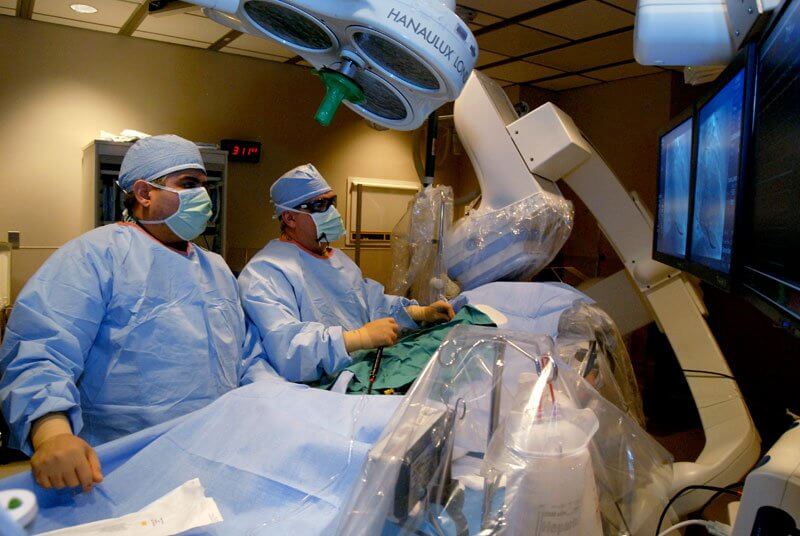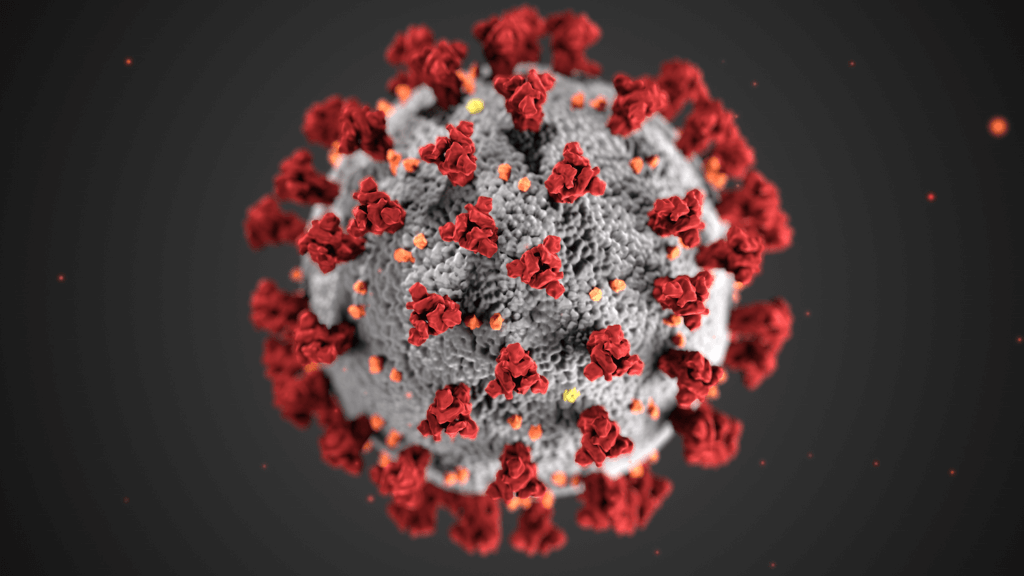Texas Heart Institute Recruiting Patients With Peripheral Artery Disease for Adult Stem Cell Trial

Doctors and researchers at the Texas Heart Institute (THI) are halfway to their goal of recruiting 80 patients who suffer from peripheral artery disease (PAD) for a new clinical trial to assess the benefits and risks in the use of adult stem cells from patients’ own bone marrow to treat leg pain commonly associated with the disease.
PAD affects between 8 million and 10 million Americans. The primary leg symptom is called “intermittent claudication”, which can manifest as aching, cramps, numbness or feeling of fatigue in the leg muscles. These symptoms occur in approximately 1 million to 3 million sufferers of the disease.
Many with PAD may not be able to enjoy a relief of these leg symptoms with any of the currently available therapies, which range from exercise to medications to endovascular and open surgical options. Current treatments are associated with risk, may not provide longstanding symptom relief, and/or may not be cost-effective.
“Cell therapy has been studied in patients with heart disease and severe PAD,” said Dr. Emerson Perin, Director of THI’s Stem Cell Center, “But, it has not been adequately evaluated in individuals with intermittent claudication. We are hoping to change that.”
Researchers are excited to announce that the study is halfway toward its goal of recruiting 80 patients. The Stem Cell Center continues to work and is actively seeking referrals from the surrounding healthcare community. The goal is to complete enrollment in this trial by the end of 2015.
“It is important that patients who think they might be eligible and physicians with patients who may benefit from the study contact us soon” said Dr. Perin.
The PACE trial (Patients with Intermittent Claudication Injected with ALDH Bright Cells), is being conducted under the auspices of the Cardiovascular Cell Therapy Network (CCTRN), a network of cell research centers, including THI, sponsored by the National Heart Lung and Blood Institute (NHLBI).
PACE is a randomized clinical trial that will evaluate leg blood flow and symptoms in two groups of patients: a) those treated with their own adult stem cells, and b) those treated with placebo. All patients will be followed for one year.
The treatment group will receive ALDH Bright Cells (ALD-301), which are pluripotent (develop into many cell types) stem cells isolated from the patients’ own bone marrow (autologous) through a proprietary Cytomedix technology. Preclinical research suggests that ALDH Bright Cells may promote the repair of tissue damage caused by inadequate blood supply (ischemia) and restore blood flow through cell recruitment and angiogenesis (the formation of new blood vessels). Cytomedix is an industry partner with CCTRN for the PACE trial.
PACE also includes an important new scientific component to determine whether state-of-the-art imaging can predict clinical improvement. “It is our hope that state-of-the-art imaging assessments will be sensitive detectors of the injected cells’ effects,” added Dr. Lem Moyé, principal investigator at the CCTRN Data Coordinating Center at the University of Texas School of Public Health in Houston.



